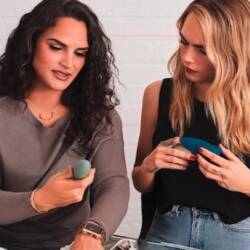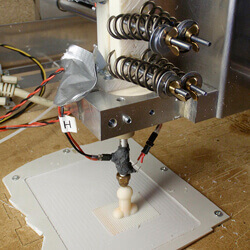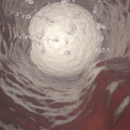6 Femtech Gadgets Making Family Planning Easier
Keep tabs on your fertility with numerous app-controlled devices.
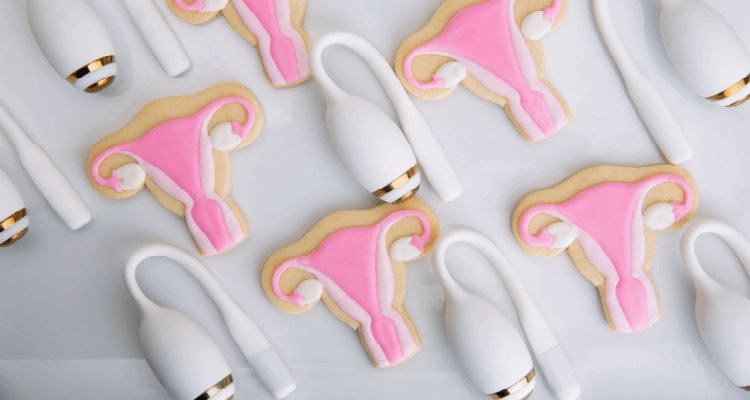
Thanks to the rapid growth of the femtech industry, trying to conceive is easier and more convenient than ever. On the market, there are plenty of Bluetooth fertility thermometers and app-connected cycle trackers that use sophisticated algorithms to help women with family planning.
Here are six of the most advanced fertility trackers, packed with truly innovative features:
YONO, an earbud that tracks basal body temperature
Measuring basal body temperature (BBT) the traditional way can be stressful.
Women need to wake up at the same time every morning and must use a specific thermometer before doing anything. This includes taking a bite of food or having something to drink.
However, it’s a very important step to track fertility: BBT tends to rise slightly around ovulation, making it possible to pinpoint a woman’s most fertile days.
Luckily, femtech companies are working to make BBT tracking easier than ever before: take, for example, YONO, an app-connected ear thermometer. It looks just like the earbuds we all use to listen to music, but it’s packed with many innovative features.
YONO is intended to be worn at night. While the user sleeps, it automatically records body temperature every five minutes. In the morning, all the user needs to do is put the earbud back into its base station, which doubles as a charger, and connect it to her smartphone in order to sync temperature data.
At this point, YONO will have collected 100 data points, to make BBT tracking even more accurate.
Ovusense, a device specifically targeted to women with irregular cycles
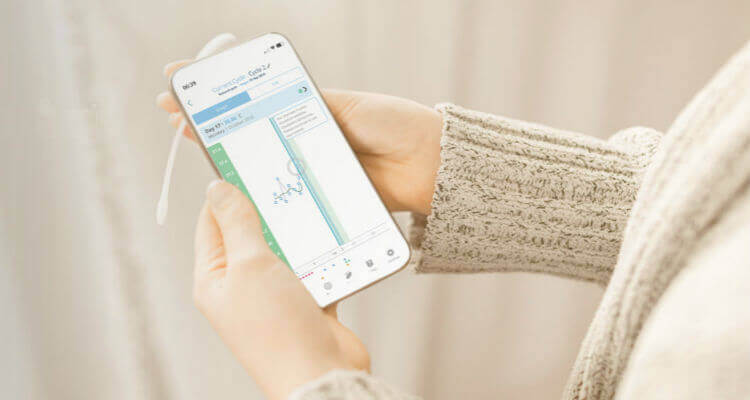
On Ovusense’s official website, its manufacturers claim it is “the most advanced cycle monitoring system you can buy.”
Clinically-proven and backed by multiple clinical references, the kit consists of a vaginal sensor, that looks just like love egg vibrators, and a smartphone app, available for both iPhone and Android.
The vaginal egg is intended to be used overnight. It records the core temperature of the body instead of the basal temperature: this allows for more accurate fertility forecasts and, most importantly, to predict ovulation up to 24 hours in advance.
In the morning, the user needs to download the data from the sensor to the app. It’s interesting to note that Ovusense connects to smartphones over NFC rather than Bluetooth to save battery and avoid transmitting wireless data when the device is inside the body.
Daysy, a hi-tech BBT thermometer
Daysy takes the guesswork out of BBT tracking: you just put it under your tongue in the morning to record your temperature, and then enter if you have your period or not. If this information is recorded every day, Daysy can reliably predict ovulation thanks to its sophisticated algorithms.
It comes with DaysyView, a dedicated app for both iOS and Android devices. Once you sync the thermometer with your smartphone, the data is automatically shown in the app, and you can even enter manual data, such as sexual intercourse or the consistency of your cervical mucus.
In addition, Daysy can be used without a smartphone, too. It has lights of different colors that let you know if you’re fertile or not. A green light means that you’re infertile, while a red light signals that it’s time to have sex if you want to get pregnant.
Daysy’s innovative features earned the device a Red Dot Design Award in 2019.
Kegg, a kegel training egg that also monitors your fertility
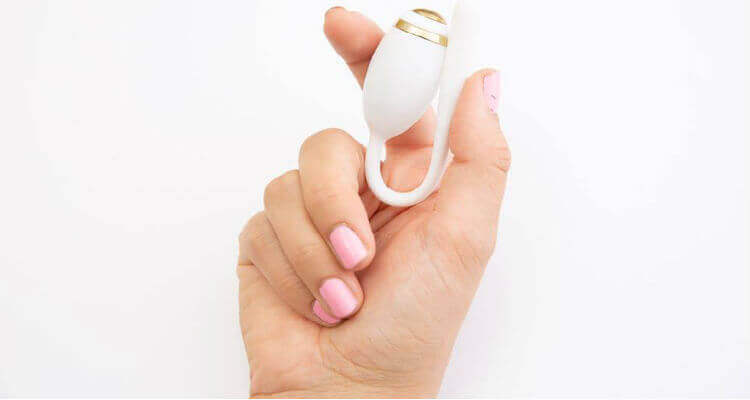
Would you like to make your pelvic muscles stronger, while getting insights about your fertility at the same time? Well, this will be possible as soon as Kegg is released for sale!
Currently in the pre-order phase, at a first glance it looks exactly like a luxury sex toy, with its beautiful golden-plated decoration and silicone coating. It also has a vibrating motor, to make Kegel exercises even more effective: Kegg will vibrate when it’s time to squeeze the muscles.
However, it’s much more than an innovative Kegel exerciser: thanks to its impedance sensors that collect data about the user’s cervical mucus, it can predict ovulation up to 7 days in advance.
Kegg then sends the data to the cloud, where they are processed by sophisticated algorithms and transmitted to the app. At this point, the woman can see where she is in her cycle right from her smartphone.
At the time of writing, Kegg has still an open Indiegogo campaign, but has already reached the double of its funding goal.
Mira Fertility Tracking: AI at the service of female health
This kit consists of three hi-tech items: the Mira Luteinizing Hormone test wand, the Mira Analyzer, and the Mira app. The LH test wand is disposable: after taking the urine sample, the user needs to insert it into the Mira Analyzer, which elaborates the data and sends them to the app.
Additionally, the Mira app uses advanced algorithms to learn the unique hormone pattern of the user, to provide customized insights. Actual hormone concentration values are shown, rather than “the traditional ‘smiley face’ approach”, as stated on Mira’s official website.
Through a clinical trial conducted in collaboration with different hospitals, the Mira kit has been shown to be as effective as laboratory-grade readers.
Lady-Comp, a cycle tracker that uses advanced algorithms
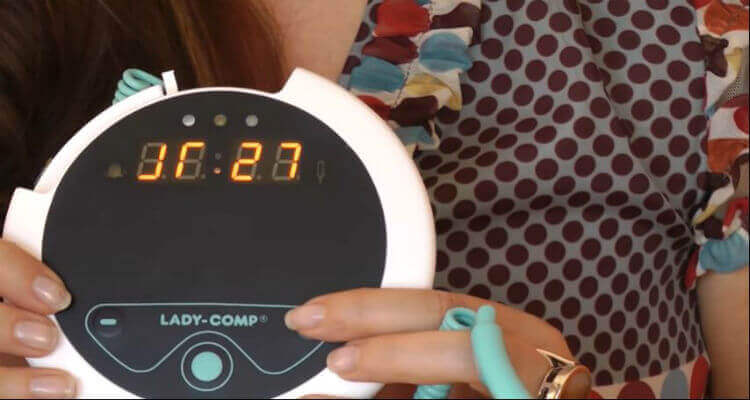
Lady-Comp resembles a handheld video game console from the 90s, but it’s actually a sophisticated device for fertility tracking. Developed thanks to more than 30 years of medical research, it offers an overview of the user’s fertility over the last 180 days and the next 6 days, for optimal pregnancy planning.
It can also predict when you will have your period in the next 6 months, should you need to book a holiday or plan an important event!
The alarm function reminds the user to measure her basal body temperature with the attached sensor, and it is even possible to customize the alarm sound. The small display shows a menstrual calendar: the “red” days are fertile, and the “green ones” infertile.
The device can also show the user’s BMI, the number of mono-phase cycles and alert her of a possible pregnancy 15 days after conception. When it is 18 days after the estimated conception date, Lady-Comp gives the user a confirmation of pregnancy. Lastly, it’s possible to export the data into the user’s PC via USB.
The Lady-Comp brand has been on the market for over 25 years, setting standards in the femtech industry.
Image sources: babycompitalia, kegg, OvuSense
Leave a reply
You must be logged in to post a comment.











